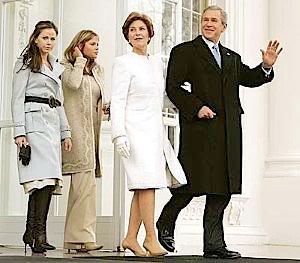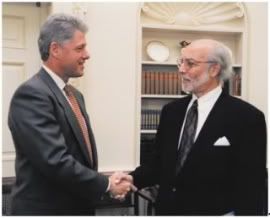
A ten year research effort known as
The ACE Study by Drs. Vincent J. Felitti and Robert F. Rada is one of the most revealing and important studies ever conducted. This pioneering study, which is being supported by the U.S. Centers for Disease Control and Prevention, has been showing over and over again that the most powerful precursors of a vast array of health and social problems is the number of adverse experiences that one encounters during childhood.
The key concept underlying the study is that stressful or traumatic childhood experiences such as abuse, neglect, witnessing domestic violence, or growing up with alcohol or other substance abuse, mental illness, parental discord, or crime in the home (which are termed adverse childhood experiences—or ACEs) are a common pathway to social, emotional, and cognitive impairments that lead to increased risk of unhealthy behaviors, risk of violence or re-victimization, disease, disability and premature mortality. It is now known from breakthroughs in neurobiology that ACEs disrupt neurodevelopment and can have lasting effects on brain structure and function—the biologic pathways that likely explain the strength of the findings from the ACE Study.
The study has been showing that the more ACEs a child is exposed to early in life, the higher the likelihood that the child as a teenager will abuse drugs, engage in sexually promiscuous behaviors and become pregnant. Also, the more ACEs early in life, the higher the risk for an array of health and social problems, including smoking, alcohol abuse, illicit drug abuse, sexual behavior, mental health, risk of revictimization, stability of relationships, and performance in the workplace.
ACEs have also been shown to increase the risk of heart diseases, chronic lung disease, suicide, injuries, HIVs and STDs, and other risks for the leading causes of death.
Based on these findings, the Center for the Improvement of Child Caring (CICC) which I direct, has just submitted a proposal for a project to use these findings to advocate for improvements in how young children exposed to such conditions and their families are being helped by their communities. For example, are there enough treatment and prevention services being made available? Do existing community services deal with all of the conditions or only one or two? Do laws and referral procedures of courts perpetuate isolated and therefore inadequate services? Do doctors take medical histories that encompass all the adverse conditions?
CICC is proposing to look closely at these questions and do it with the judges, doctors and other health and social service professionals who are involved. Then a
Policy Paper on the ACE Study and Its Community Service Implications will be prepared, as will a
White Paper on Return on Investment that indicates what sorts of human suffering and money can be saved by investing in comprehensive early intervention. Then the project will work with these groups and with elected officials to make the needed public policy changes and will also create a training program for advocates for making such early interventions societal priorities.
The proposal was submitted last week to one of the most creative funding sources for early intervention, an entity called
First 5 LA, which is a quasi-government funding body that utilizes tobacco taxes to support early childhood health and educational programs and projects.
An array of top professionals were involved in conceptualizing, developing and supporting the proposed project and to whom we express our appreciation: Dr. Margaret Lynn Yonekura, the Director of LA Best Babies Network and an Associate Clinical Professor at both the UCLA and USC Schools of Medicine; Dr. Vincent Felitti, the Co-Principal Investigator of the ACE Study: Cindy Harding, the Director of Maternal, Child and Adolescent Health Programs in the LA County Department of Public Health; Dr. Leah Ersoylu of Ersoylu Consulting Inc.; Don Schilling and Gary Oltman from CICC; and Dr. Ron Fischbach of the Health Sciences Department of the California State University, Northridge, who will be hosting the training program for policy advocates, and his colleagues from the University, Drs. Akers, Badrkhan and Malec.
We will learn within a few weeks whether First 5 LA decides to approve and fund the project. I will keep you informed. Wish us, and the children and families of Los Angeles County, good fortune!
 A fine way to know how parenting training helps parents is to hear it in the words of parents who complete parent training programs.
A fine way to know how parenting training helps parents is to hear it in the words of parents who complete parent training programs.










